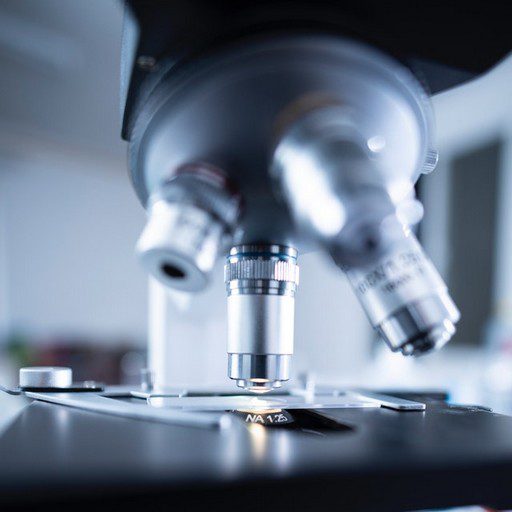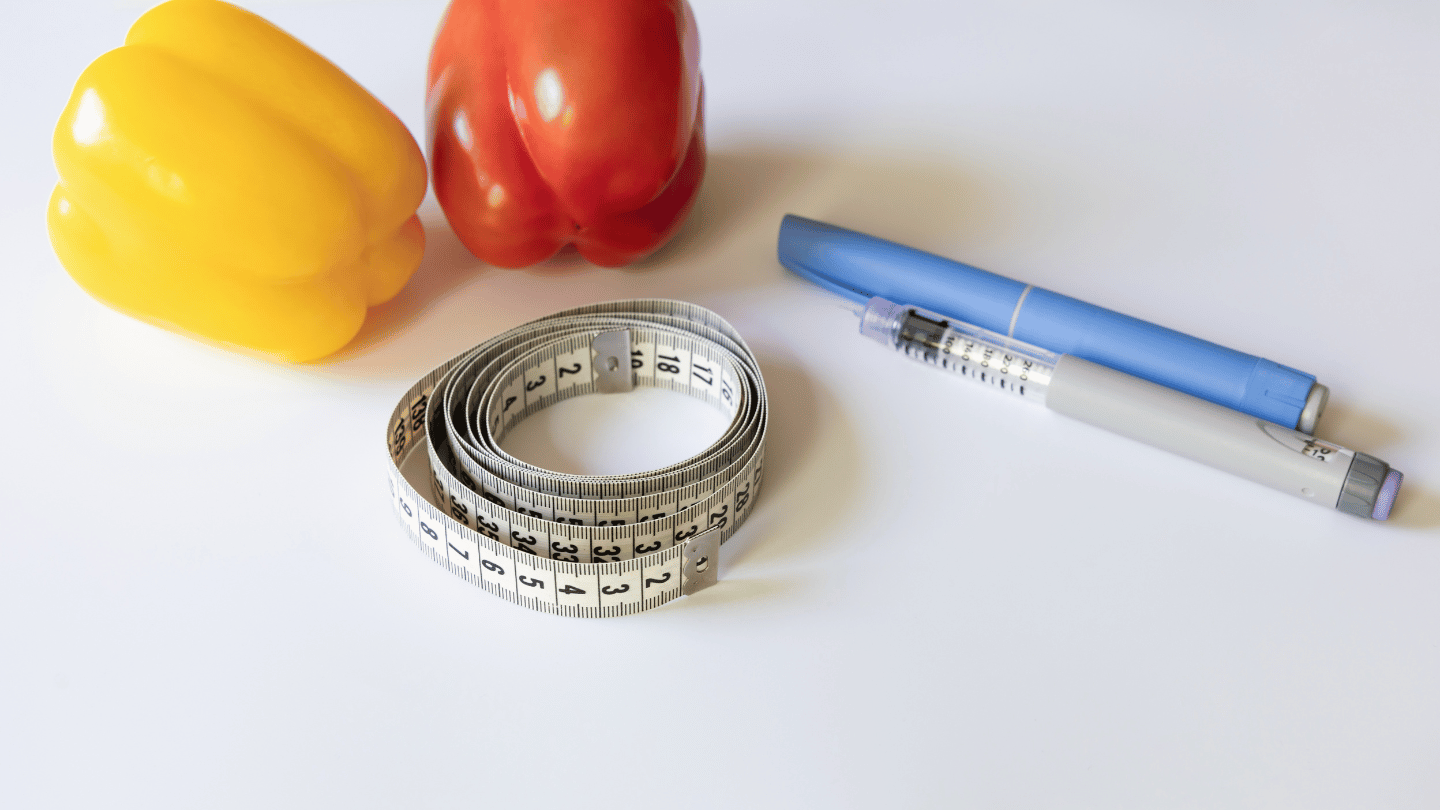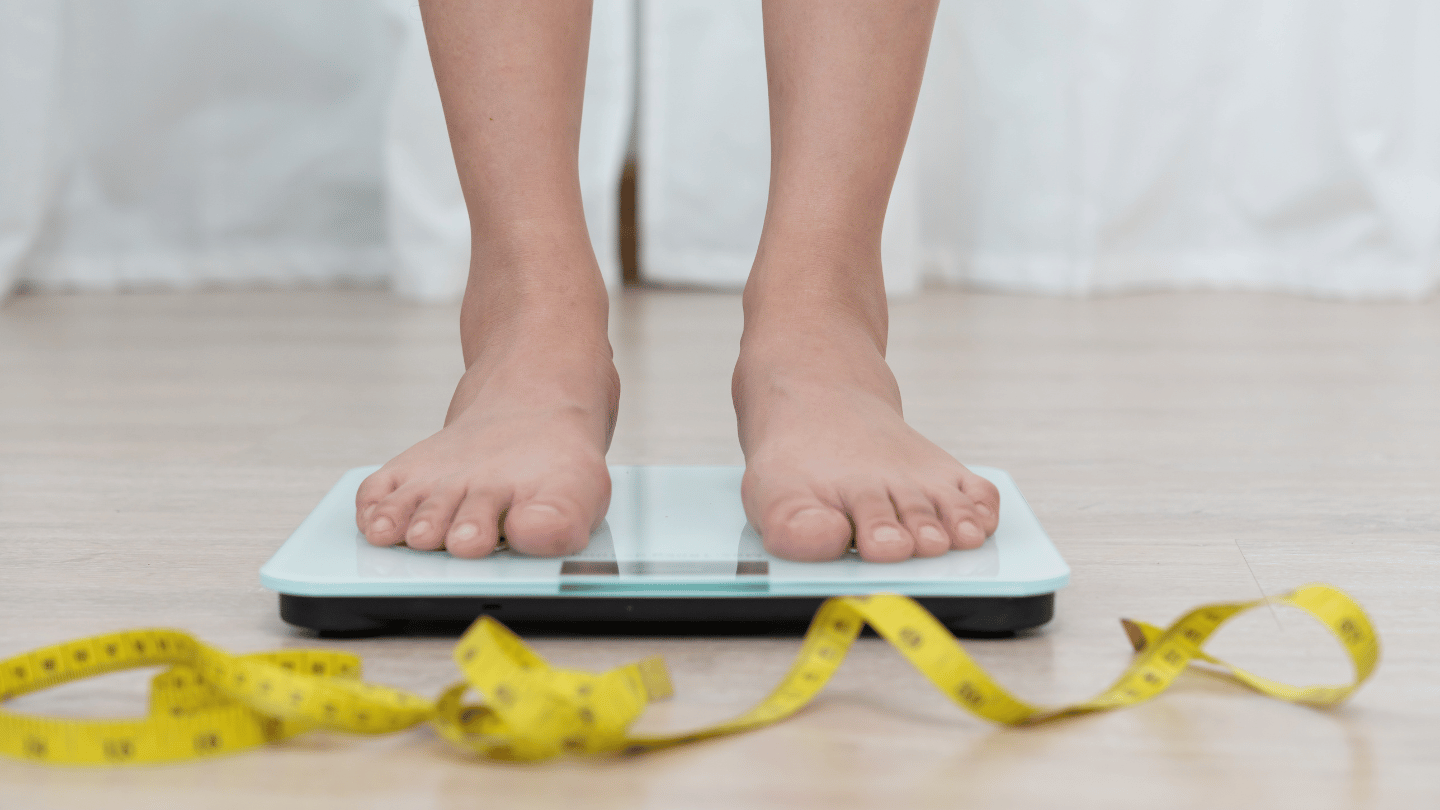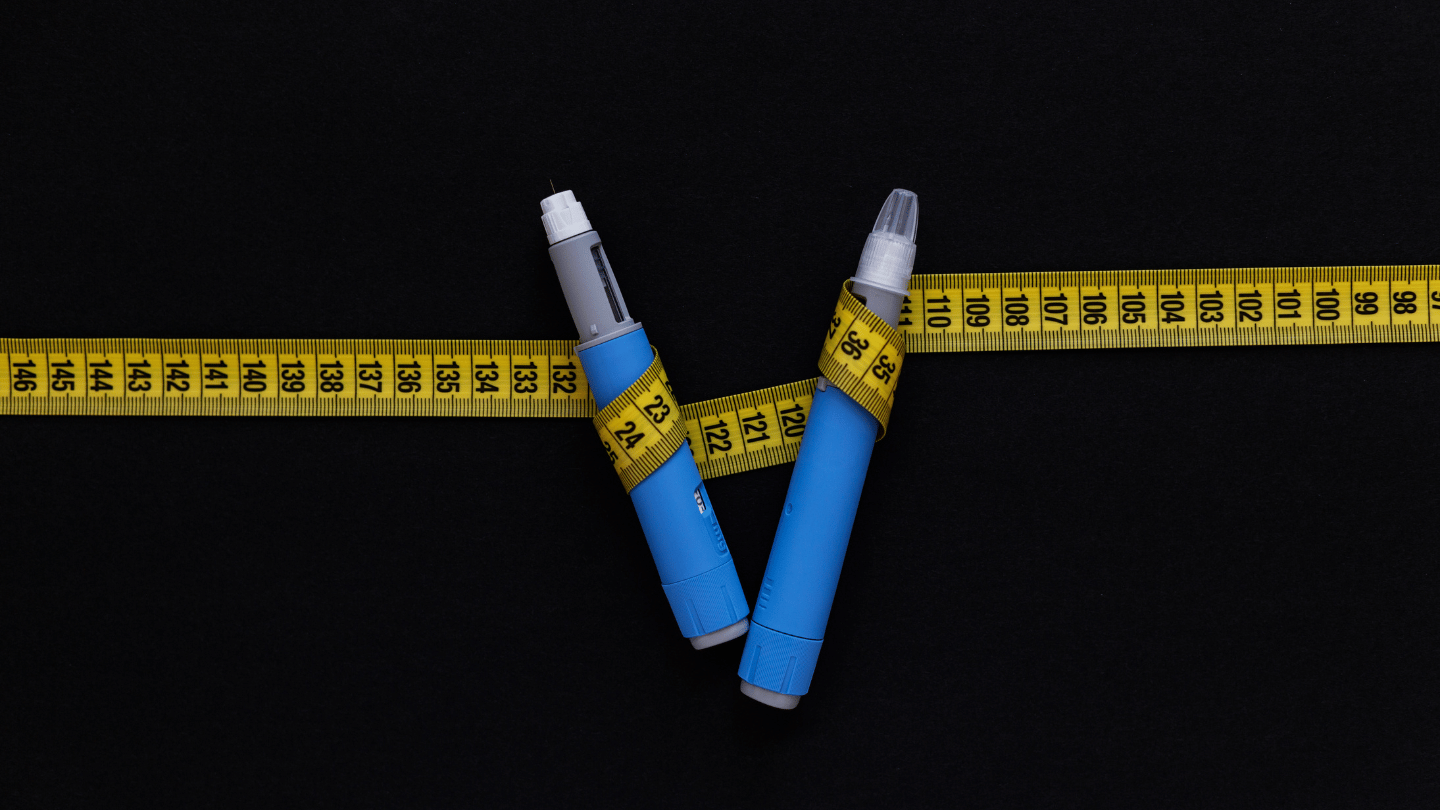Monkeypox is a viral illness that can be contracted through contact with infected people, animals, or objects. Sores and scabs from infected individuals are particularly infectious. Additionally, monkeypox can be transmitted vertically from mothers to their unborn children. In Africa, the virus is believed to be carried by infected rodents.
Historically, monkeypox was rarely seen in Africa when smallpox vaccines were routinely administered, as these vaccines also offered protection against monkeypox. However, monkeypox began to resurface following the eradication of smallpox vaccinations in the 1970s and the cessation of smallpox vaccinations in 1980. Notably, an outbreak in Nigeria in 2017 saw 115 confirmed cases, and as of May 2022, the virus has been rapidly spreading throughout Europe, Asia, and the Americas.
Specific tests for monkeypox are being developed, manufactured, and distributed to public health departments across the United States, with the CDC considering expanding its testing facilities. With more widespread and rapid testing, studies will soon provide a clearer understanding of how contagious monkeypox truly is.
Precautions and Preventive Measures
If you know someone with monkeypox, avoid close contact, face-to-face interactions, kissing, and body contact. If you are caring for a patient with monkeypox, wear gloves and wash your hands thoroughly.
Additionally, wash clothes, bed linens, and clean surfaces the patient has touched with chlorine bleach, adding a tablespoon of bleach to the dishwasher for added safety.
Symptoms and Incubation Period
If you suspect exposure to monkeypox, consult your family doctor or public health clinic. The incubation period for monkeypox is between 7 to 14 days, during which exposed individuals usually do not show symptoms and are not contagious. After this period, they may enter a prodromal phase and experience:
- Fever and chills
- Headache
- Muscle aches
- Backaches
- Swollen lymph nodes (bumps in neck, underarms, groin)
- Fatigue
One to three days after the fever appears, a rash develops with virus-containing pustules. These pustules are particularly contagious, so it is crucial to exercise caution.Did you know? QuickMD can provide guidance and support if you suspect monkeypox exposure or need medical advice. Connect with our providers through telemedicine for a convenient and safe consultation.
















